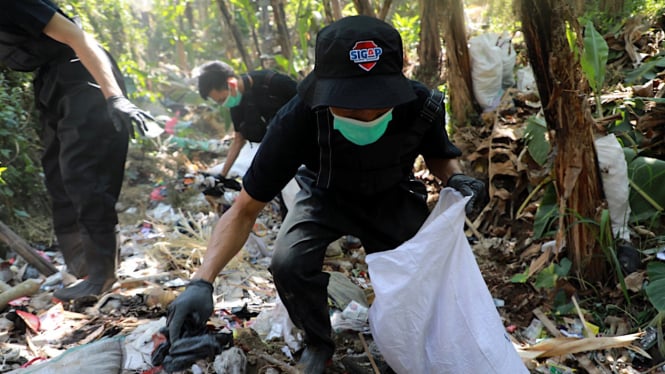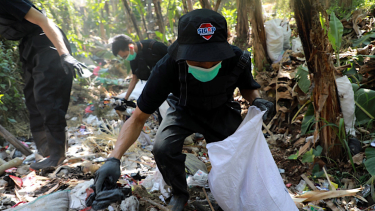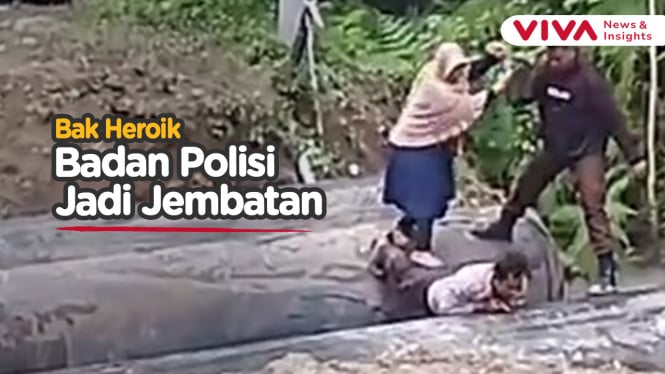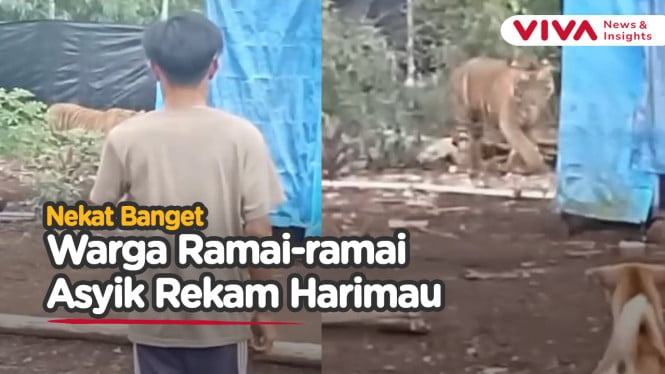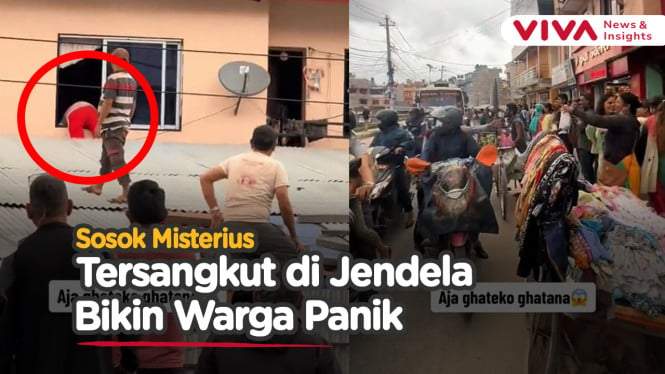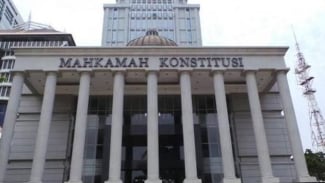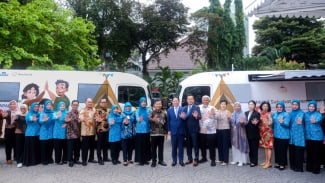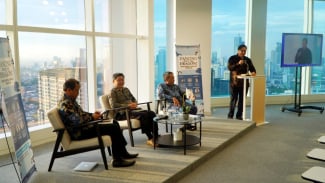Merdeka Dari Sampah Activity Held in Bandung
- Dok: SiCepat Express
Bandung – In anticipation of the 78th Independence Day of the Republic of Indonesia, SiCepat Ekspres, in collaboration with its partners Duitin, the Indonesian Nature Lover Community (CAI), and the SiCepat Responsive Team (SIGAP), organized an event themed "Merdeka Dari Sampah" (Freedom from Trash).
This activity took place in the Tjipaganti River area, Ledeng District, North Bandung Regency, West Java. With unwavering enthusiasm, 70 volunteers actively participated in this clean-up effort.
They upheld a strong commitment to environmental cleanliness and the preservation of the Tjipaganti River, which is closely linked to the Tjibadak spring—one of the primary water sources in the Bandung region.
The "Merdeka Dari Sampah" initiative represents a concrete step towards supporting environmental conservation. Beyond celebrating Independence Day, this endeavor inspires communities to actively engage in maintaining the cleanliness of their surroundings.
"This activity also serves as a preventive measure ahead of the rainy season, to prevent blockages and flooding caused by waste in the river," stated Rangga Andriana, the Corporate Communication Manager of SiCepat Ekspres, in an official statement.
This initiative received positive endorsement from Adijoyo Prakoso, the Chief Operating Officer and Co-Founder of Duitin Indonesia. Adijoyo appreciated the collaboration between private enterprises and communities in advocating for environmental awareness.
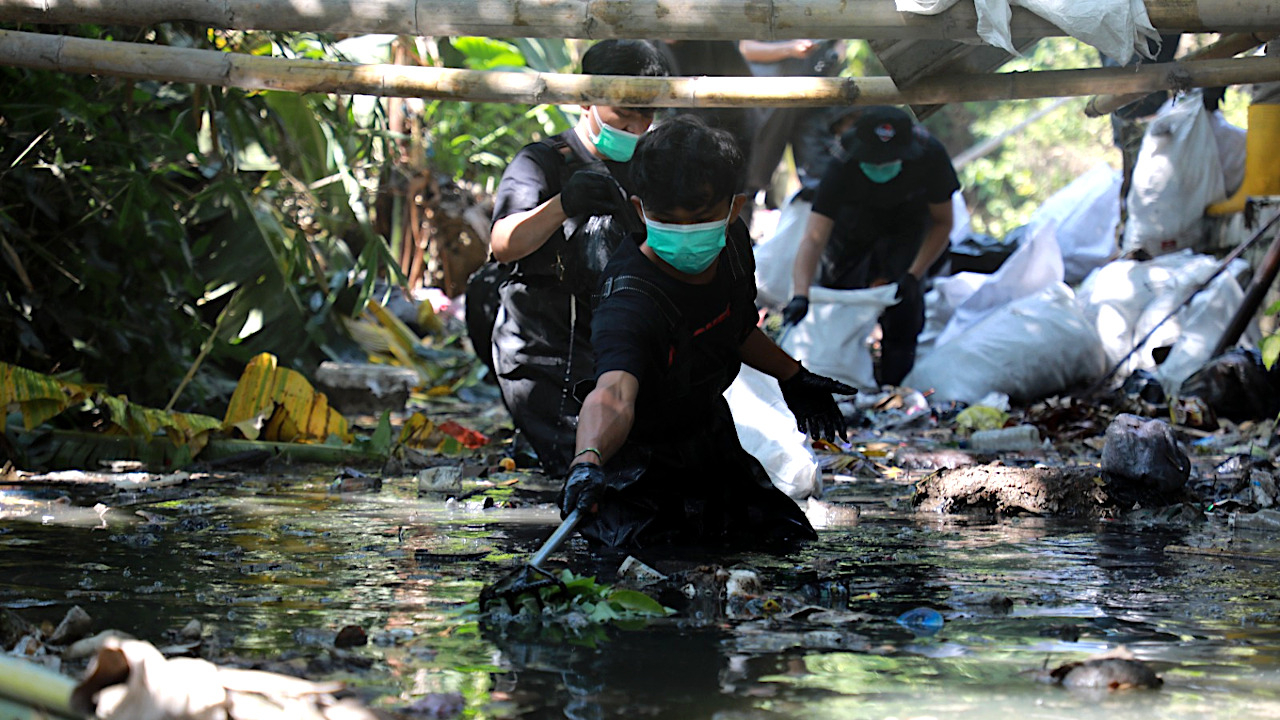
He emphasized that safeguarding river cleanliness is not solely the responsibility of the government but a collective duty of all societal strata.
Nugi Herdian, representing the Indonesian Nature Lover Community (CAI), expressed enthusiasm for the event. He hoped that the "Merdeka Dari Sampah" initiative would inspire local communities to become more conscious of effective waste management.
The "Merdeka Dari Sampah" activity goes beyond mere clean-up efforts; it symbolizes a genuine commitment to environmental hygiene.
Through preventive measures like this, the hope is to maintain the river's cleanliness and prevent potential contamination, especially during the rainy season.
